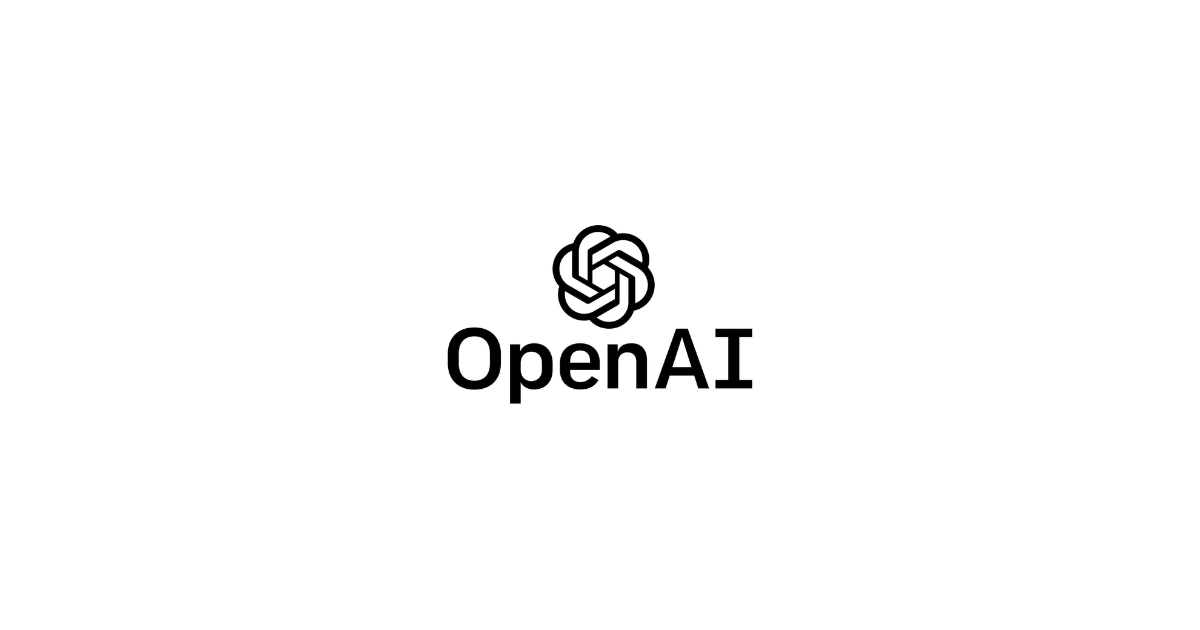OpenAI Advances Custom AI Chip Development to Reduce Nvidia Dependency

OpenAI is accelerating its efforts to develop custom AI silicon, aiming to reduce its dependency on Nvidia's chips. The company plans to finalize the design of its first in-house chip in the coming months and send it for fabrication to Taiwan Semiconductor Manufacturing Company (TSMC). This move is part of OpenAI's strategy to enhance its negotiating leverage with chip suppliers.
The process of submitting a chip design for production, known as 'taping out', is a significant milestone for OpenAI. The initial tape-out can cost tens of millions of dollars and take approximately six months to complete. If successful, OpenAI could mass-produce its AI chips by 2026, providing an alternative to Nvidia's dominant products, which currently hold an estimated 80% market share.
OpenAI's chip design incorporates a systolic array architecture, high-bandwidth memory, and extensive networking capabilities, similar to Nvidia's existing chips. The first-generation chip is expected to be capable of both training and running AI models, though it will initially be deployed on a limited scale, focusing primarily on model inference.
The chip development team at OpenAI is led by Richard Ho, a former Google engineer, and has grown to 40 members. The initiative is seen as a strategic move to strengthen OpenAI's position in the AI hardware market, as other tech giants like Microsoft and Meta have also explored developing their own AI chips.
We hope you enjoyed this article.
Consider subscribing to one of our newsletters like Silicon Brief or Daily AI Brief.
Also, consider following us on social media:
More from: Data Centers
Subscribe to Silicon Brief
Weekly coverage of AI hardware developments including chips, GPUs, cloud platforms, and data center technology.
Market report
AI’s Time-to-Market Quagmire: Why Enterprises Struggle to Scale AI Innovation
The 2025 AI Governance Benchmark Report by ModelOp provides insights from 100 senior AI and data leaders across various industries, highlighting the challenges enterprises face in scaling AI initiatives. The report emphasizes the importance of AI governance and automation in overcoming fragmented systems and inconsistent practices, showcasing how early adoption correlates with faster deployment and stronger ROI.
Read more
